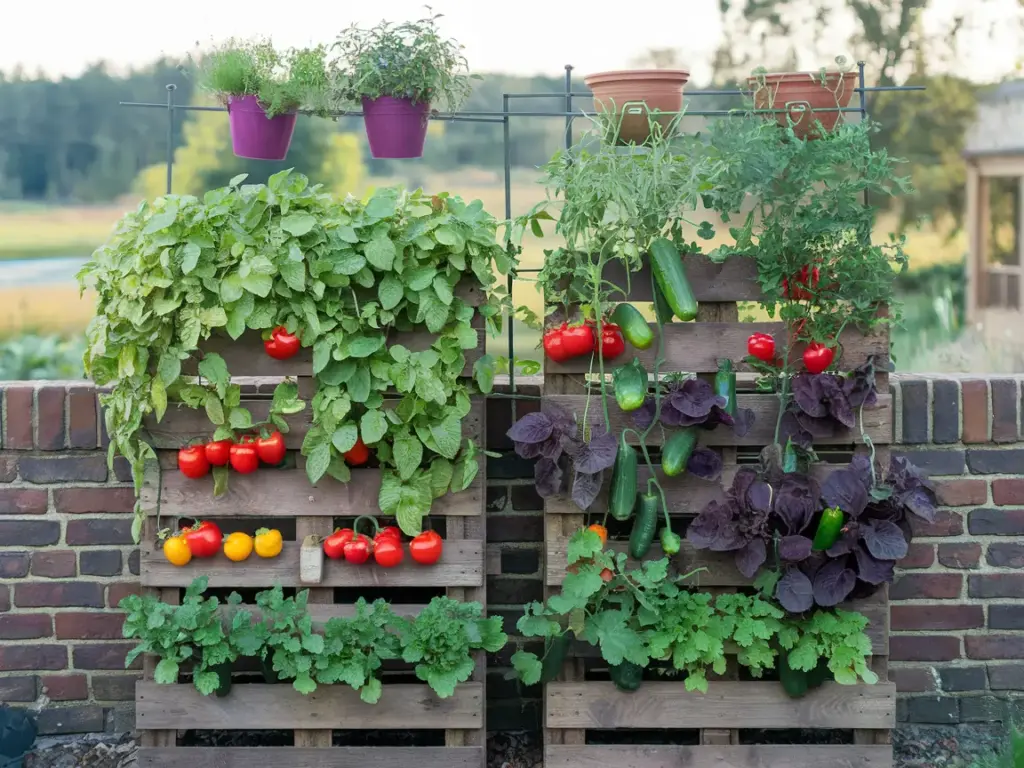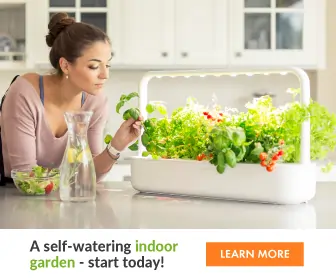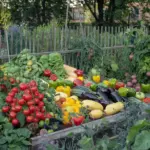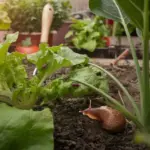Advanced Tips for Maximum Yield

Let me tell you something – after 15 years of vertical gardening, I’ve learned that maximizing yield isn’t just about cramming more plants into a space. It’s about working smarter, not harder! I’ve made pretty much every mistake you can imagine, but those failures led to some amazing discoveries about getting the most from vertical gardens.
The Magic of Companion Planting
You know what’s funny? I used to think companion planting was just some old gardening wives’ tale until I tried growing bush beans alongside my vertical cucumber plants. The difference was like night and day! The beans fixed nitrogen in the soil, and my cucumbers practically doubled their yield that season.
Here’s what I’ve found works best in vertical spaces:
- Plant aromatic herbs like basil and oregano at the base of your tomatoes
- Grow shallow-rooted lettuce beneath climbing peas
- Use marigolds strategically between vegetables to deter pests
- Add nasturtiums near squash to attract pollinators
Succession Planting: The Secret to Continuous Harvests
One of the biggest game-changers in my gardening journey was learning about succession planting. I remember the first time I tried it – I had so many green beans I was giving them away to everyone in the neighborhood! Now I plant new seeds every two weeks during the growing season.
My tried-and-true succession schedule:
- Plant fast-growing crops like radishes every 7-10 days
- Start new lettuce seedlings every 2 weeks
- Replace finished plants immediately with new crops
- Keep a planting calendar (trust me, it’s worth the effort!)
Extending Your Growing Season
Living in Zone 6b taught me some clever tricks about extending the growing season. I’ve managed to add almost two months to my growing calendar using some simple techniques.
Here’s what works like a charm:
- Install clear plastic panels on the sides of vertical structures
- Use frost protection fabric during cold snaps
- Create microclimates with thermal mass (water bottles work great!)
- Position plants strategically to protect each other
Microclimate Management
This is where things get really interesting! I discovered that vertical gardens naturally create different temperature zones. The top of my vertical garden can be up to 10 degrees warmer than the bottom! I use this to my advantage by:
- Growing heat-loving plants like peppers and tomatoes up high
- Placing shade-tolerant crops like lettuce and spinach lower down
- Using reflective mulch to bounce light to lower plants
- Installing drip irrigation at different heights for optimal watering
Space Optimization Secrets
After years of experimenting, I’ve found some pretty clever ways to maximize space. My favorite trick? Double-decker trellising! I create two layers of growing space by installing a shorter trellis in front of a taller one. The shorter plants get plenty of light while the taller ones reach for the sky behind them.
Pro tips for space optimization:
- Use corner spaces for compact vining plants
- Install pocket planters between main containers
- Create zigzag trellises for more vertical growing space
- Implement vertical hydroponics for maximum efficiency
Want to know the real secret to success? It’s all about observation and adaptation. Every vertical garden is unique, and what works in one space might not work in another. The key is to start small, experiment, and keep detailed notes about what works and what doesn’t.
Conclusion
Ready to take your gardening to new heights? Vertical vegetable gardening is the perfect solution for modern gardeners looking to maximize their growing space. Remember, success comes from proper planning, the right support systems, and regular maintenance. Start small, learn from experience, and watch your vertical garden flourish! Don’t forget to share your vertical gardening journey with fellow gardeners – we’re all growing together!









GIPHY App Key not set. Please check settings